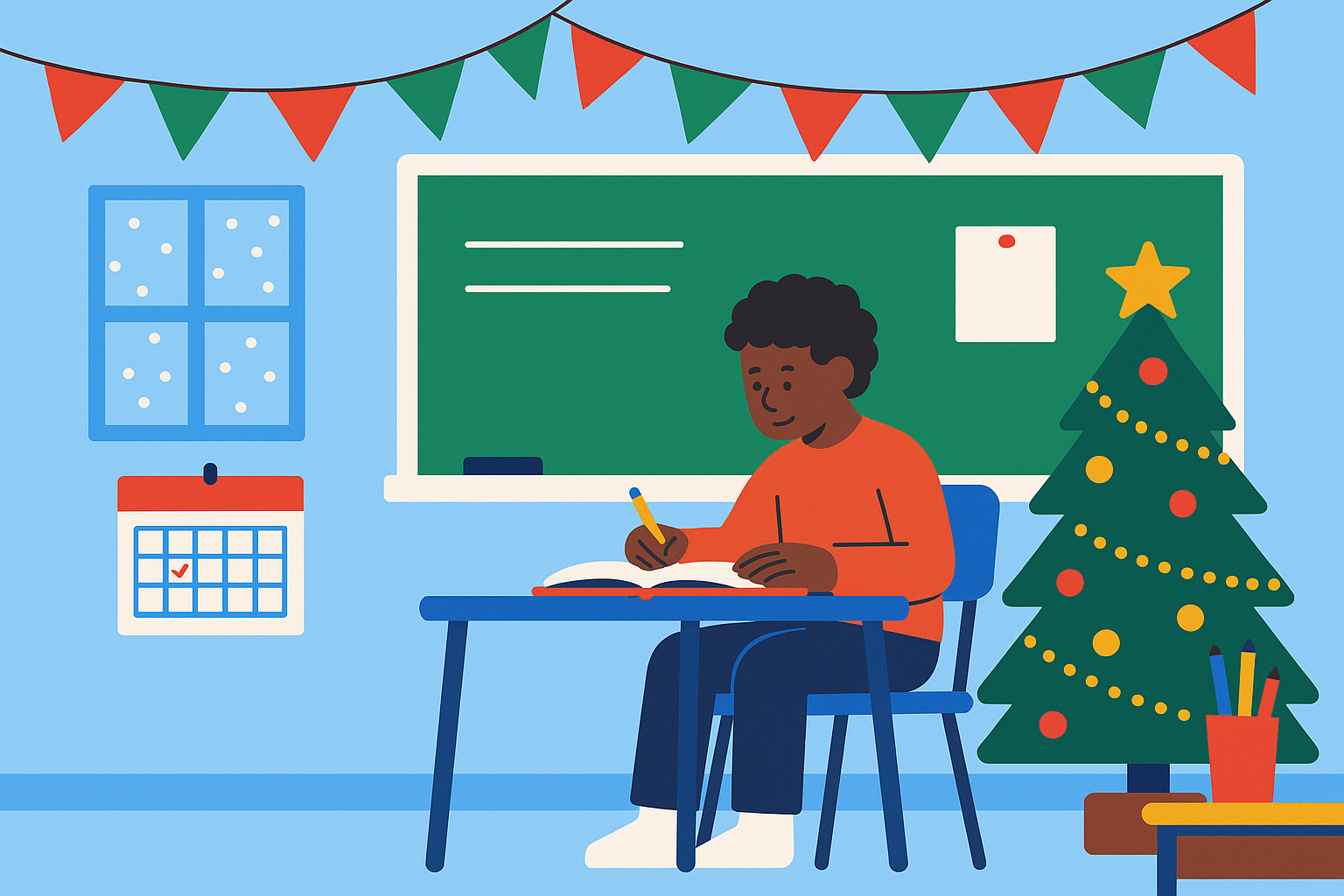Do parent-teacher conferences bring you back to your own school jitters? Or do you leave feeling like it was a wonderful conversation, but wishing you’d taken away something more? You may have received some hard-to-hear feedback, but you’re left feeling lost about the next steps to help your child.
We’re here to help you maximize your parent-teacher conference experience with actionable parent teacher conference tips that strengthen your partnership with your child’s school. In this guide, we discuss an adaptive mindset for conferences and break down the process into three parts—before, during, and after—with a focus on building collaborative relationships and obtaining clear, actionable teacher feedback.
Mindset: Setting the Stage for Successful Conferences
Our children’s development and well-being, which are inextricably tied to school, are of the utmost importance. Parent-teacher conferences are a valuable opportunity not only to learn more about your child’s strengths and challenges but also to grow your connection with their teachers. Approaching these meetings with an open mind and a collaborative spirit helps create a positive, productive dialogue that benefits everyone involved.
Using respectful, curiosity-driven language, such as “I’d love to hear more about…” or “Can you share how…?” encourages a partnership dynamic built on mutual understanding. Maintaining a mindset of curiosity and respect—acknowledging the teacher’s expertise—sets the foundation for meaningful collaboration and ongoing open communication between home and school.
Having an action plan is also key. The parent teacher conference tips below will help you balance the joyful anecdotes that often come with conferences with clear, tangible takeaways and action items to support your child’s growth.
Before the Conference: Preparation is Power
As your child’s parent-teacher conference approaches, consider your top questions or concerns related to your child’s school experience so far this year. Areas of inquiry beyond academics may include executive functioning, focus, organization, and social engagement.
Possible questions include:
- How well does my child transition between tasks?
- How well is my child focusing in class?
- Are there signs of difficulty with impulse control or self-regulation?
- Is my child organized with their materials?
- How does my child interact with peers during school activities?
You can also share helpful context from home—such as a change in routines, new family dynamics, or shifts in a parent’s schedule—that may impact your child at school.
Parent teacher conference tip: Write down your priorities and desired outcomes in advance so you stay centered during the conversation. If a specific concern is weighing on you (like a social issue or grade), email the teacher beforehand to set up a separate discussion rather than using conference time for problem-solving.
During the Conference: Engaging in Collaborative Conversation
Today’s the day—you’re prepped, prioritized, and ready to go! One of the best parent teacher conference tips is to bring someone who can take notes or, if attending solo, feel comfortable pausing to jot down key points. If you’re meeting via Zoom, ask if you can record for later review.
As teachers share areas of strength, request to see examples of your child’s work. Understanding what “good” looks like helps you support your child’s success at home. When discussing growth areas, ask:
- How is this skill being supported at school?
- What strategies can I use at home?
- How will progress be measured?
- What does success look like in 12 weeks?
Don’t hesitate to request a follow-up meeting. A good rule of thumb is to check in again within six weeks.
Extra parent teacher conference tip: Ask about your child’s daily routines and transitions. Understanding these can help you reinforce structure and habits at home.
After the Conference: Keeping the Momentum Going
Now what? If your parent-teacher conference was part of the regular school schedule, there’s no need to send an immediate thank-you email—save that for when you have a question or follow-up item. If you planned a check-in, confirm it in writing and set a calendar reminder.
If you don’t receive a reply within a few days, send a gentle follow-up. Most schools have a 24–48-hour response policy, but teachers’ inboxes fill quickly, so a kind reminder is always appreciated.
At home, collect “data” between conferences: review your child’s work, grades, and feedback. Note any patterns that align—or don’t—with what was discussed. These observations provide valuable insight for future conversations.
Building Partnership Beyond the Conference
Parent-teacher conferences are not just a single event—they’re part of an ongoing relationship that supports your child’s growth. By applying these parent teacher conference tips, you can turn what might feel like a formal meeting into a meaningful dialogue built on trust and collaboration.
If you have any follow-up questions or would like to schedule a consultation, please reach out to mary@theuluru.com.
We hope these parent teacher conference tips help you feel confident, prepared, and empowered to make the most of every conversation with your child’s teachers.
Have a question for Dr. Corbelli or the Uluru team? Email us at hello@theuluru.com!


